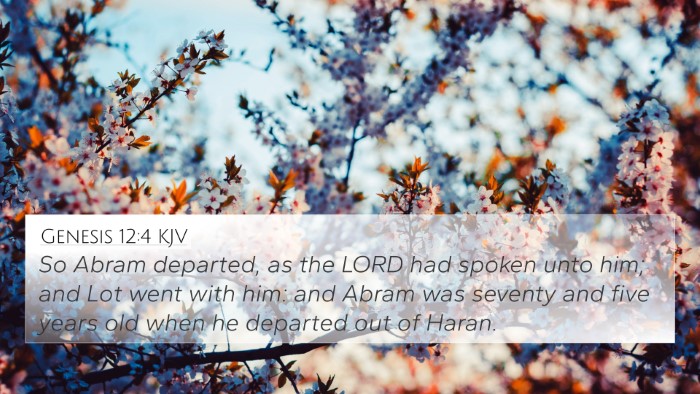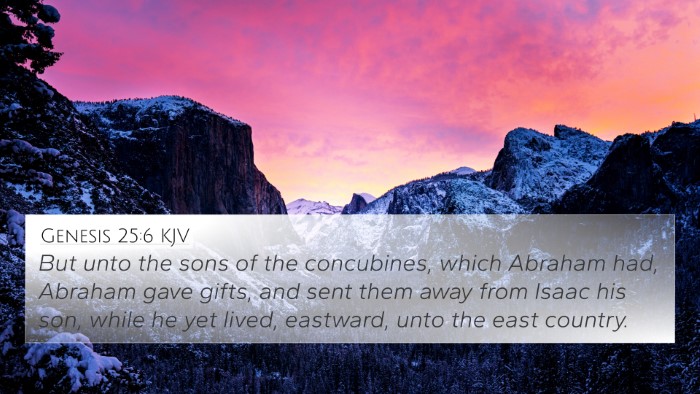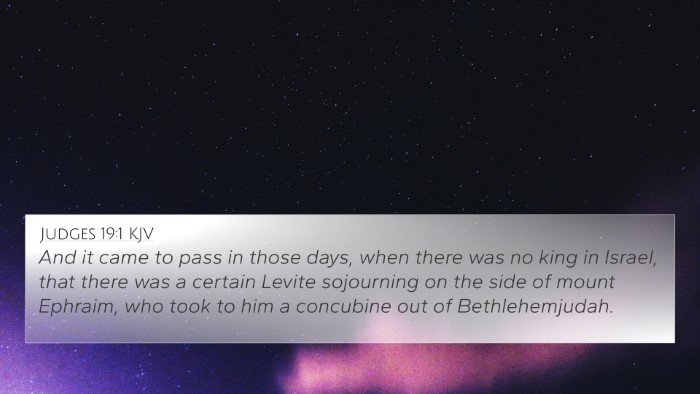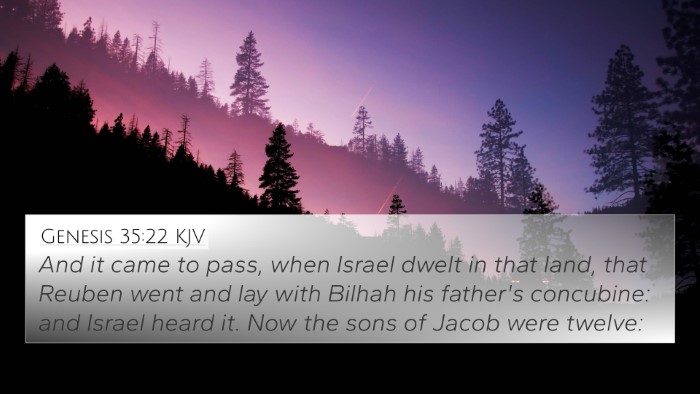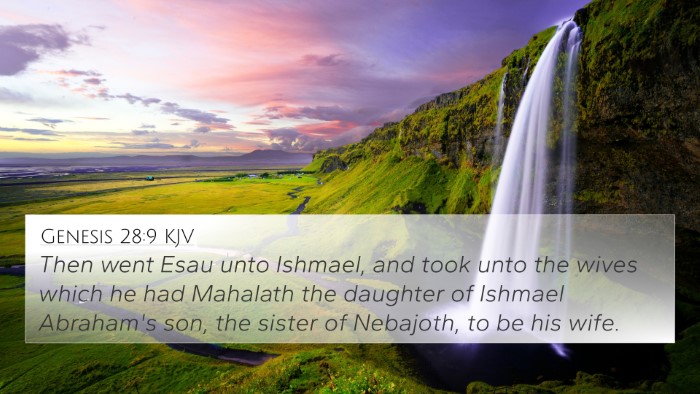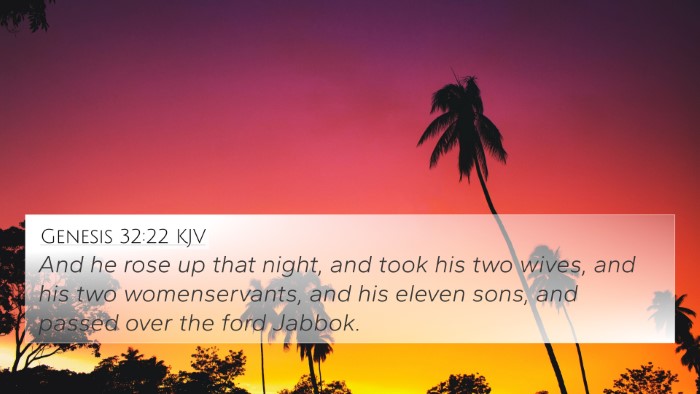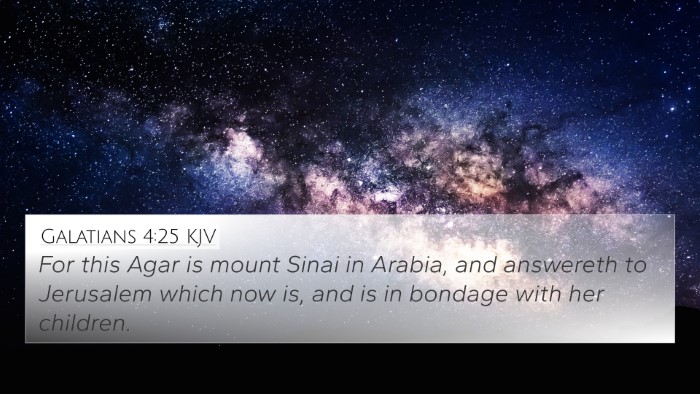Understanding Genesis 16:3
Genesis 16:3: "And Sarai, Abram's wife, took Hagar her maid, the Egyptian, after Abram had dwelt ten years in the land of Canaan, and gave her to her husband Abram to be his wife."
Summary and Significance
The verse presents a critical moment in the narrative of Abram (later Abraham) and Sarai (later Sarah). It highlights the cultural and societal practices of the time, specifically concerning marriage and childbearing. Sarai, unable to bear children, gives her maid Hagar to Abram to produce an heir, reflecting both desperation and the customs of the ancient Near East. This action sets off a series of events that have significant implications for the biblical narrative and the relationships within Abram's family.
Commentary Insights
Matthew Henry's Commentary
Matthew Henry emphasizes the human tendency to take matters into one's own hands when faced with trials. Sarai's decision to use Hagar as a surrogate demonstrates a lack of trust in God's promise. Henry points out that this act of faithlessness leads to future strife and discord within the family, symbolizing how impatience can lead to unintended consequences.
Albert Barnes' Notes on the Bible
Albert Barnes elaborates on the cultural context of the time, explaining that it was common for women who were unable to conceive to offer their servants in marriage to their husbands. He notes that while such customs were accepted, they did not align with God’s divine plan. Barnes suggests this act reflects a deeper spiritual lesson about reliance on God’s timing rather than human solutions.
Adam Clarke's Commentary
Adam Clarke adds a moral perspective, indicating that Sarai's act stems from doubt in God's promise and the natural desire for a child. He argues that the ensuing conflict between Hagar and Sarai foreshadows the troubled relationship that would characterize the descendants of these two women. Clarke points out that this biblical example serves as a warning against following human schemes that diverge from divine instruction.
Cross-References
This verse can be cross-referenced with several other scriptures that elucidate its themes of faith, doubt, and the consequences of actions:
- Genesis 12:1-3: God's promise to Abram regarding his descendants.
- Genesis 17:15-19: God's covenant with Abram regarding Sarah's promised son, Isaac.
- Galatians 4:21-31: Paul’s allegory of Hagar and Sarah as representations of two covenants.
- Hebrews 11:11: Reference to Sarah's faith in God's promise.
- 1 Peter 3:5-6: Emphasis on Sarah's obedience and trust in her husband.
- Matthew 1:3: Mention of Tamar, another example of complex family relationships in the lineage of Christ.
- Romans 4:19: Discussion about Abraham's faith amidst natural impossibility.
Implications of the Verse
The implications of Genesis 16:3 extend beyond the immediate narrative and offer themes relevant to the human experience, including:
- Faith and Trust: The need for trust in God’s promises, particularly in challenging times.
- Family Dynamics: The effects of decisions made in desperation can lead to deeper familial rifts.
- Cultural Norms: The reflection of societal practices in the biblical narrative, which can conflict with God's intended design.
- God’s Sovereignty: Even human error cannot thwart God's ultimate plans, as shown in His continued covenant with Abram.
How to Use This Verse in Study
When engaging in a cross-reference Bible study or exploring this verse further, consider the following:
- Identifying Connections: Look for how Genesis 16:3 relates to other stories in the Bible involving faith and human intervention.
- Thematic Analysis: Investigate themes of trust, patience, divine promise, and human frailty throughout the Scriptures.
- Comparative Study: Conduct comparisons between the responses of biblical figures when faced with similar challenges.
Conclusion
Genesis 16:3 serves as a poignant reminder of the complexities of faith, the consequences of our actions, and the unchanging nature of God's promises. By exploring this verse through a variety of interpretations and connections, one can gain a deeper understanding of Biblical truths and their applications in our lives today.




